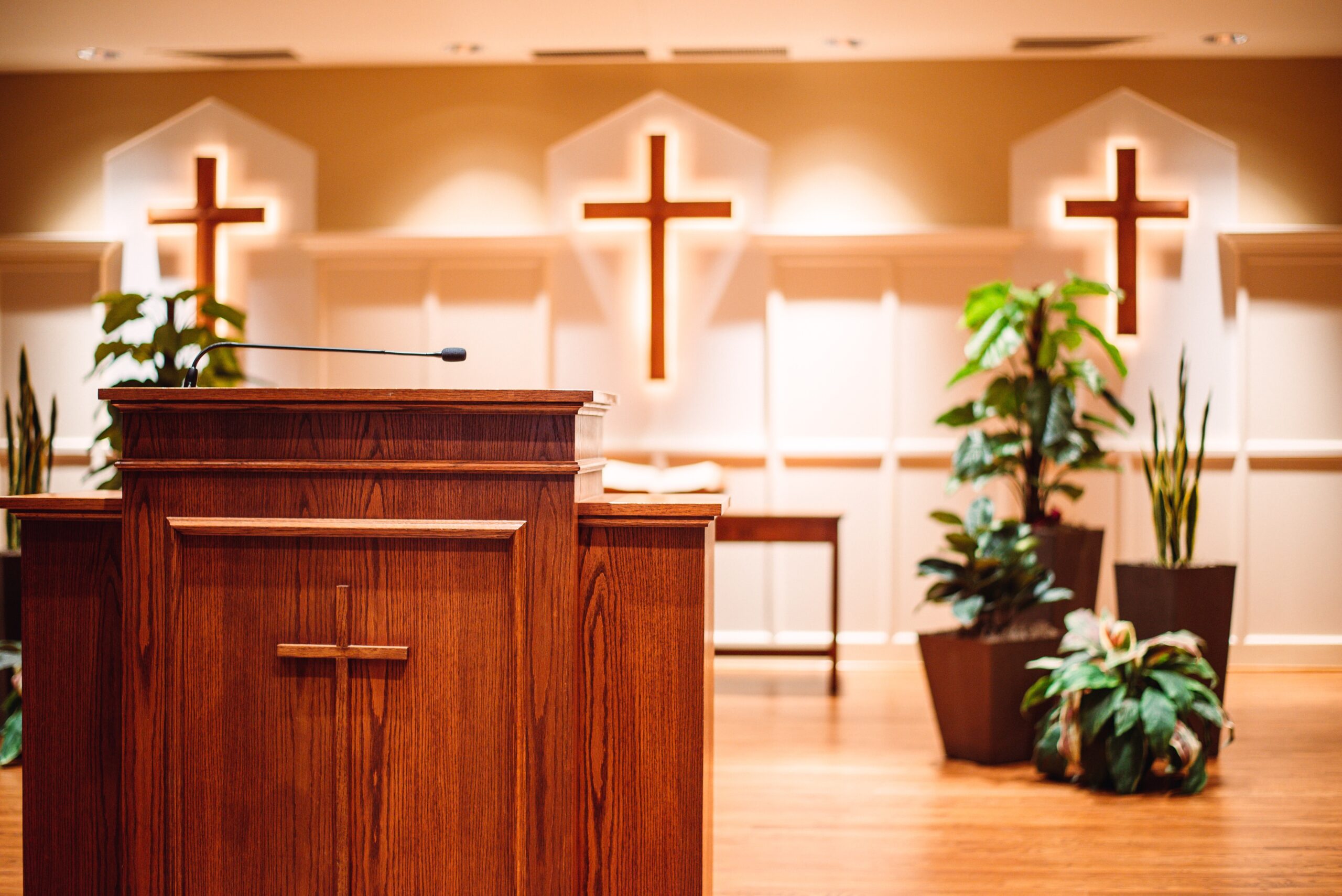The day of Pentecost started the spread of Christianity from a meagre 120 to 3,000 in a day. With a sermon hinged on scriptures from Joel 2, Psalm 16 and 110, the Apostle Peter preached to the crowds gathered because of the sound they heard. “What must we do to be saved?” was the question asked by the people after the sermon was preached. This led to the start of a spiritual awakening as Peter further preached on believing in Jesus as the way to salvation. This question has been echoed through the centuries by individuals such as the jailer of Paul and Silas, and the American people during the Great Awakening as sermons have been preached which have led to a spiritual change across communities.
Asides from the death and the resurrection of Jesus and the day of Pentecost, the Reformation is arguably the most monumental event in Christian history. Beyond just Martin Luther nailing the 95 theses to the Castle Church in Wittenberg, the reformation was built on sermons preached.
In perhaps his most famous sermon, Martin Luther said, “I simply taught, preached and wrote God’s Word; otherwise I did nothing. And while I slept, or drank Wittenberg beer with my friends Philip and Amsdorf, the Word so greatly weakened the papacy that no prince or emperor ever inflicted such losses upon it. I did nothing; the Word did everything.”
Through a series of sermons known as the Invocavit Sermons, Luther preached the true heart of the Reformation when the people were missing the point and this led to a spiritual change not just only for the people of Wittenberg but for Christians worldwide.
The Great Awakening, which swept over America and England in the 18th century, is another time in Christian history characterised by stirring preaching and spiritual rebirth. Preachers like Gilbert Tennent, George Whitefield, and Jonathan Edwards preached throughout this time, challenging listeners to reflect on their lives and convert to God.
Jonathan Edwards preached “Sinners in the Hands of an Angry God,” which is considered to be one of the most well-known sermons of the Great Awakening, in 1741. Edwards presented the wrath of God against sin and the pressing need for repentance and redemption in this lecture in graphic detail. The sermon’s impact was so great that several audience members were overcome with emotion, sobbing and pleading for pardon.
The sermon “The Way of Grace,” which George Whitefield delivered with his trademark fervour and is remembered for, became well-known and contributed to the Great Awakening’s message’s dissemination. In his sermon “The Danger of an Unconverted Ministry,” Gilbert Tennent urged the religious authorities of the day to assess their own spiritual well-being and serve as models of genuine faith for their followers.
These sermons had a significant influence because they inspired people to repentance and faith, and many communities went through spiritual renewal and revival as a result. The Great Awakening contributed to laying the groundwork for America’s future spiritual vibrancy and freedom of religion.
Evan Roberts a humble miner was the vessel God used in bringing about one of the greatest revivals of the 20th century, referred to as the Welsh revival. Over 100,000 people were converted in the space of 6 months and it all started from prayer and faithful preaching of the word of God.
A commentator on the revival had this to say: “There was a noticeable absence of preaching during the revival, not because it was devalued but because great preaching had preceded and precipitated the move of the Spirit”.
As the revival continued to spread, other preachers and evangelists joined Roberts in preaching and praying for the nation. Their messages were filled with urgency and a call to repentance. Many people were convicted of sin and turned to Christ, and the impact of the revival was felt in many aspects of Welsh society.
The Welsh Revival is a powerful example of how sermons can shape and transform a community. Through the preaching of men like Evan Roberts, God moved in a powerful way, drawing people to Himself and transforming lives.
In conclusion, sermons have played a significant role in shaping the course of Christian history, from the spread of Christianity in the early days of the church to the Reformation and the Great Awakening, and even to more recent revivals like the Welsh revival. Powerful sermons have inspired repentance and faith, leading to spiritual renewal and revival in communities. These sermons have not only transformed individual lives but also shaped the trajectory of Christian movements and institutions. As such, sermons remain a vital means through which the Word of God is proclaimed, and through which the Holy Spirit moves to bring about spiritual transformation in the lives of believers and non-believers alike.
For after that in the wisdom of God the world by wisdom knew not God, it pleased God by the foolishness of preaching to save them that believe. – 1 Corinthians 1:21
